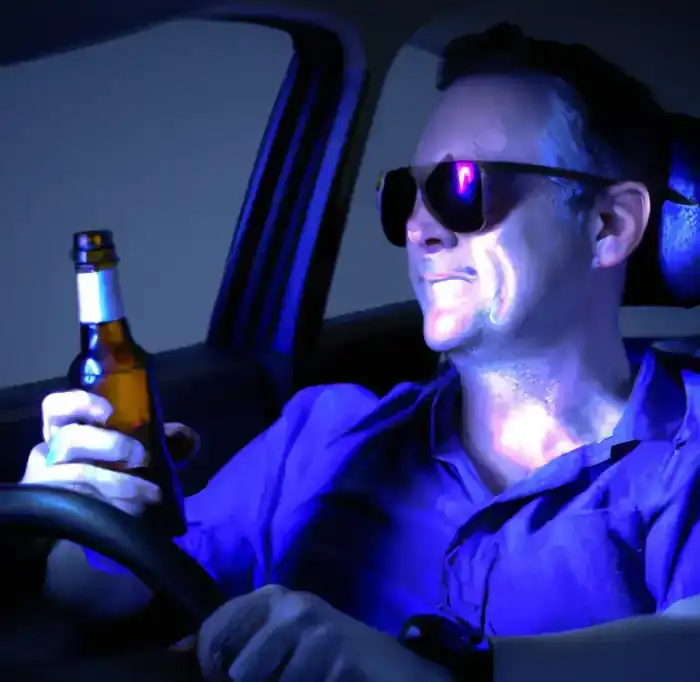Penalty for refuse to provide a breath sample
Refuse to provide a breath sample is an offence in Victoria under the Road Safety Act 1986. It is a drink driving related offence that derives from the evidentiary requirements of drink driving offences. As drink driving offences require proof of intoxication, or the existence of a blood concentration of alcohol in excess of the prescribed level, it can be a problem if an accused person refuses to allow evidentiary procedures to take place. As a result, the government of Victoria legislated to make it an offence to refuse to provide a breath sample for analysis.

Mandatory loss of licence
The penalty for refusing to provide a breath sample differs depending on whether there has been any prior drink driving offences over the preceding ten years or not. A first offence will result in a licence disqualification of at least 24 months. Penalties for subsequent offences require a licence disqualification period of at least 48 months, and may also include imprisonment.
The loss of licence is also significant as the licence won’t automatically be restored upon completion of the period of license cancellation. Application will need to be made to a court to restore the licence, and such an application will also require that a drink driving course is done.
Additionally, any licence will be subject to a period of requiring the installation of an alcohol interlock device. Such a device will only let you drive a car if you blow into the device, and the device confirms that your breath does not contain alcohol.
Impact on sentencing for other related offences
Refusing to provide a breath sample may also be viewed as an aggravating factor in sentencing for other related offences, such as dangerous driving causing death or serious injury or culpable driving causing death.
What are the elements of refuse to provide a breath sample?
In Victoria, refusing to provide a breath sample is an offence under section 49(1) of the Road Safety Act 1986. The elements of the offence are:
- A police officer made a lawful demand for a breath test or breath analysis;
- The accused person refused to comply with the demand;
- The accused person did not have a reasonable excuse for the refusal; and
- The accused person understood the nature and effect of the demand.
Is it possible to successfully challenge a charge of refuse to provide a breath sample?
There are circumstances which exist which do allow for charges of refuse to provide a breath sample to be challenged. However, the prosecution of these offences is treated extremely seriously, and challenging these charges requires an equally serious approach to be taken.
The usual approach to identify if any of the elements of the offence are missing. For example, if there was no demand made by the police officer to the accused, then the offence will not be complete, and thus one would not be found guilty of it. This kind of situation is not likely, as one would only expect police to lay such charges if the demand was actually made.
In practice, challenge is often taken with the lawfulness of the demand made by the police officer. A demand at law can only be made in a few circumstances. One circumstance is where the police officer who is making the demand for a breath test has observed an accused driving a vehicle within 3 hours of the demand being made.
There are however some circumstances where a police officer can make a demand without observing an accused driving a vehicle. One example of this is where police come across the scene of an accident. They are entitled to conduct a breath test if they have a reasonable belief that an accused was driving a vehicle that had been in an accident in the past 3 hours.
If you are facing prosecution for this offence, you should seek immediate legal advice.



